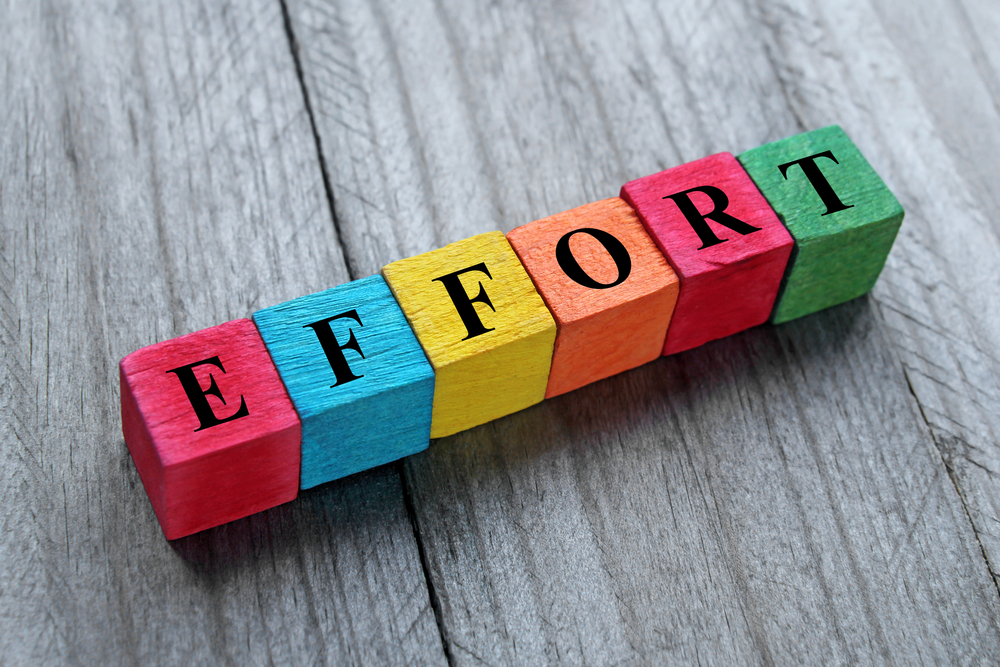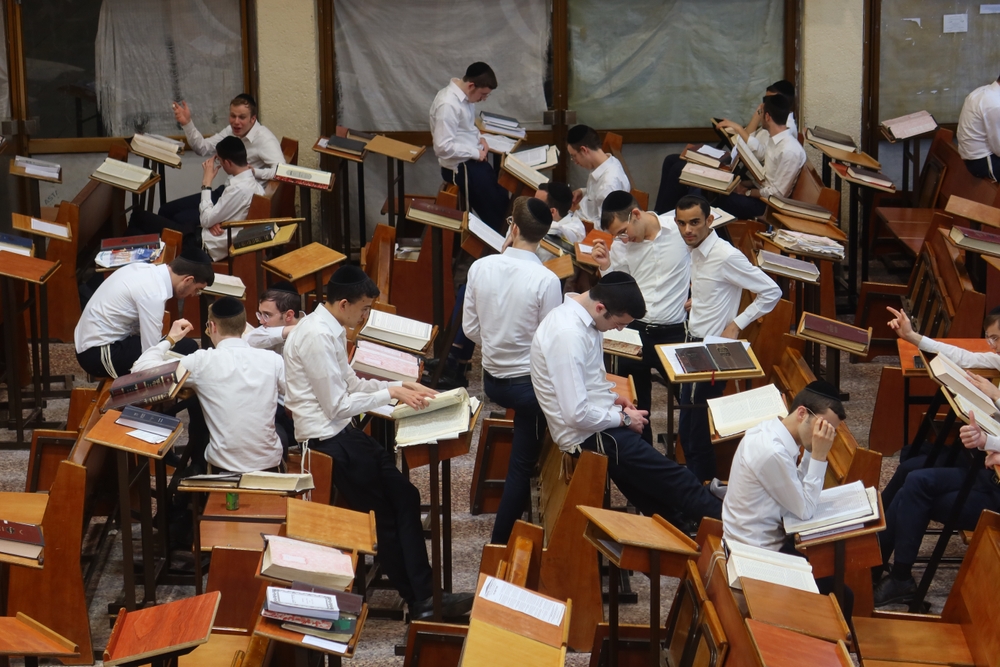Rabbi A.L. Scheinbaum, Peninim on the Torah
In this week’s parsha, our matriarch, Rochel, complains to Yaakov that he should do something about her barrenness. In an uncharacteristic manner, he responds sharply, “Am I instead of G-d Who has withheld from you fruit of the womb?” He then goes on to say that Hashem has withheld children from Rochel, but not from him. Yaakov already had children from Leah, and was therefore saying that Rochel was the one who needed to daven (pray) in this scenario.
The midrash wonders why Yaakov responded in what seems to be such a harsh manner. He is, in fact, punished for this later when Leah’s children are forced to bow down to Rochel’s child, Yosef. Yaakov, however, certainly had good intentions and did not mean to hurt Rochel. What was the meaning behind his words?
HaRav Chaim Kamil z’tl explains that Yaakav was explaining an imperative foundation to Rochel. If Rochel still did not have children, it must be because Hashem wanted to hear her prayers. It wasn’t that Yaakov refused, or didn’t want to pray for Rochel. It was that he understood something Rochel didn’t- He already had children, but Rochel did not. If G-d was holding something back only from Rochel, it was because He wanted her prayers, her confidences, her tears. Yaakov’s prayer could do nothing to give Rochel what she wanted.
This is how we should approach every challenge, battle, and grievance in our life. Why is Hashem doing this to me? What does he want from me? Challenges are there to make us great, to help us connect to our Creator. Let’s start viewing them like that.
Rabbi A.L. Scheinbaum, Peninim on the Torah


